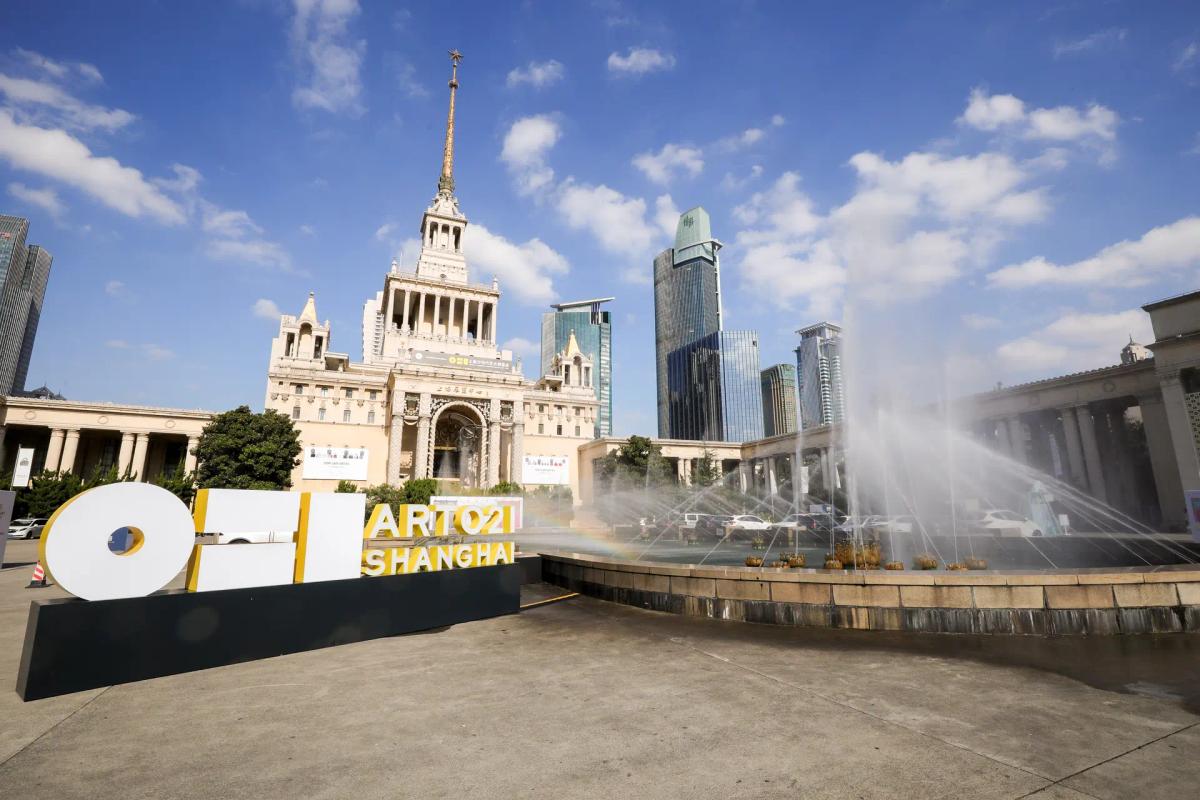Hong Kong is getting another art fair this year. Tentatively scheduled for this summer, the new Art021 Hong Kong is a sister fair to Shanghai’s Art021 and Beijing’s JingArt, respectively in November and June. David Chau, part of a trio that founded Art021 in 2013, says they were invited to launch the project by Hong Kong’s Mega Ace Fund, which subsidises large cultural projects in the Special Administrative Region.
Despite a terrain with several established fairs—including Art Basel (ABHK), Art Central and Fine Art Asia (FAA)—and political and economic challenges, Chau sees untapped potential in the city. “We're trying to change the traditional fair model, [which] has become a burden for galleries and collectors.” He feels that the existing fairs overly focus on Hong Kong’s market appeal. “We want to mix it with an exhibition type of environment, and work with the host city to make people focus on the art itself,” through public art and city-wide exhibition programming in collaboration with local institutions and galleries.
Programming will this year include a focus on art from the historic Silk Road, west and central Asia, with several small galleries sharing a subsidised booth with a curated selling show. Though participants will likely skew towards the local Hong Kong and mainland Chinese galleries who already join Art021’s existing iterations, Chau hopes to also include a number from Southeast Asia and the rest of the Global South—or what mainland China calls the Belt and Road countries. “The Global South concept is always what we want to be more associated with,” Chau says. West Asia represents a start, and “maybe next year, we want to expand to the area of India and Pakistan, and then eventually Africa and South America.”
For Art021 Hong Kong, Chau says there will be no pre-exhibition review of artwork for political content, like is required for the mainland fairs.
He says the timing, during Hong Kong’s blistering summer, was due to the availability of the venue, the Hong Kong Convention and Exhibition Centre, which also hosts ABHK and FAA, on short notice. However, next year he hopes to transition the event to the autumn, ideally in September right after Frieze Seoul. A summer bonus, though, is that Hong Kong galleries traditionally show more local and regional artists then. While he does not expect to draw in many Western collectors in the first year, he anticipates appealing to mainland collectors who are not yet on Art Basel’s radar.
The group will for now suspend its autumn fair Shenzhen DNA, although Chau says they may relaunch it eventually. They opted to extend the Art021 name—after Shanghai’s phone code—for brand recognition. “We are a very pragmatic company,” Chau says. “For Shanghai, it's always about bringing the best contemporary art into Shanghai as the most global city in China,” with a strong background of galleries and private museums but room for market expansion. “For Hong Kong, it's totally the opposite: Hong Kong has enough [of an art] market, the biggest in Asia, but it lacks enough focus on art for its own sake.”


